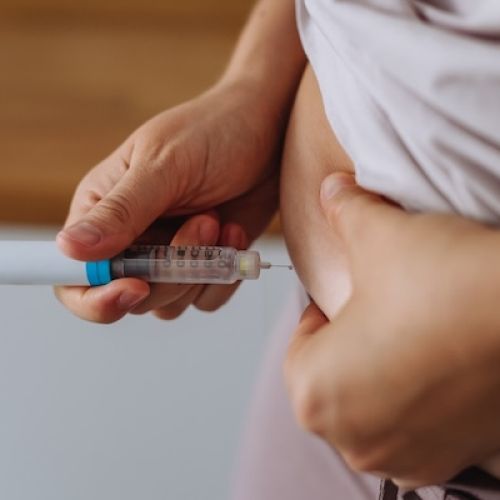What is the First Step in Fertility Treatment?

Millions of people find that once they have made the decision to have a baby, getting pregnant doesn’t happen as easily as they hoped. Infertility refers to being unable to get pregnant after at least a year of unprotected sex. Fertility treatment provides options that allow many people to realize their dreams of having a baby. What is the first step in fertility treatment?
Acknowledging that there’s a problem and deciding to seek treatment is the first step you need to take, and that can take a lot of courage. The knowledgeable and compassionate team at the Center for Reproductive Health provides empathic support and guidance throughout the process.
Determining the Cause
There are many possible causes of infertility, and treatment begins with working toward finding out why having a baby hasn’t been easy for you. At your initial consultation, your fertility specialist reviews your medical history and family history with you and schedules tests that can help diagnose the cause of infertility. Some tests that may be ordered include:
- Blood tests to analyze reproductive hormone levels and to uncover other factors that could be impacting fertility
- Ovarian function tests
- Cervical mucus test
- Semen analysis to evaluate the concentration and mobility of sperm
- Genetic testing
Both partners have a physical exam. An ultrasound may be scheduled to evaluate reproductive anatomy. Not everyone needs all of the available tests. Your fertility doctor determines which tests are indicated for you.
Discussing the Results
A follow-up appointment is scheduled to discuss the results of your tests once they have been completed and to create a treatment plan that’s likely to have the best possible results for you. Your fertility specialist explains what to expect from treatment including possible side effects and the likelihood of attaining a successful pregnancy.
Sometimes only one partner needs treatment and other times, the treatment plan involves both partners. Medications may be prescribed to correct hormone imbalances or to stimulate ovulation, and minor surgical procedures are sometimes recommended.
Two of the most common fertility treatment options are intrauterine insemination (IUI) and in vitro fertilization (IVF). In IUI, healthy sperm are inserted into the uterus during ovulation. In IVF, eggs are harvested from the ovaries and fertilized with sperm in a lab. Several days after fertilization, one or more embryos are inserted into your uterus by your fertility doctor.
Embryos that aren’t used at this time may be frozen for future use. If the cause of your infertility is related to your eggs or your partner’s sperm, donor eggs, sperm or embryos from an anonymous donor may be used.
Lifestyle changes may be recommended to improve your chance of getting pregnant. This may include losing weight, quitting smoking, and adding regular exercise to your daily routine.
Many couples who have fertility treatment are able to go on to have healthy pregnancies. However, some couples experience miscarriages or are unable to get pregnant even with expert fertility treatment.
The good news is that progress is constantly being made in the field of assisted reproductive technology. The Center for Reproductive Health is a global pioneer in fertility treatment and research and has proven high success rates. Contact us today to find out more or to schedule a consultation.




